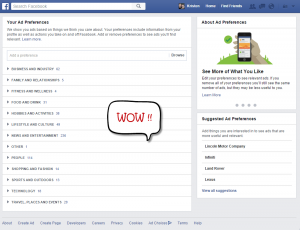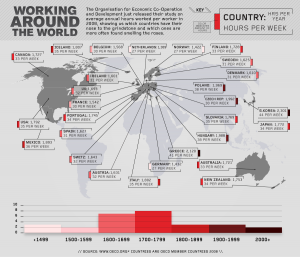Brands Not Delivering On Content, Market Share Goes Unclaimed
by Laurie Sullivan @lauriesullivan, February 16, 2017
As sophisticated search engine algorithms from Bing and Google look for “precise” answers to queries, brands just don’t delivering the content.
Conductor’s report, released Thursday, analyzes the market share for organic content during the 2016 holiday season and calls out many of the larger, more established brands whose marketers should have a better understanding of how to give consumers the perfect answer.
Organic Share of Voice by industry reveals some of the good, bad and ugly trends across insurance, finance, real estate, travel and hospitality, and retail. Some companies did extremely well, while others tanked when it came to reaching consumers with valuable content.
The organic market share is based on searches during the holiday season — about 150,000 search terms and more than 300 million consumer searches. It shows that big brands are missing the boat when it comes to creating content that consumers search for when they need answers.
The majority of the market share remains unclaimed, and consists of thousands of brands trying to stand out by breaking through the clutter of online content.
And while it’s impossible to provide an actual dollar amount for the missed opportunity in terms of revenue for brands — since there are many variables that differ by brand such as margins, conversion rates, price point and more — it’s safe to assume that brands would need to pay $450 million for a similar exposure if they used paid search and appeared for these searches, said Avi Goldwerger, CMO of Conductor.
Travel aggregators such as Trip Advisor, Expedia, and Kayak — with the exception of Marriott — are performing ahead of major hotel chains such Hilton, Wyndham and Holiday Inn.
In the insurance industry, some of the top companies in the U.S, such as Farmers and AIG, are not top performers when it comes to driving organic search from content. They are being outperformed by Geico with 6%; Liberty Mutual, 6%; Progressive, 6%; , Allstate, 5; and even Nerdwallet with 3%; and Wikipedia with 2%.
In the insurance sector, online tools such as loan calculators are in high demand by customers as they look for a better experience.
While regionally there were not any top players in the insurance industry, several regional players managed to gain national visibility with high-quality content. These include Rocky Mountain Insurance Information Association (RMIIA), which ranked No. 1 nationally for searches like “Auto insurance claim” and “File an insurance claim.”
In retail, Nordstrom performed well, with 5%, beating Amazon’s tie with Macy’s and Zappos, each with 4% market share. Yahoo-owned Polyvore took 2% market share, along with Target, Kohl’s, JCPenny, and H&M.
“Style” searches were in demand for the retail category and typically dominated by images, videos, and publishers like Forbes, Wikipedia, GQ, and Business Insider. Most “style” and “color modified searches trigger image results, with 63% of searches universal results, and 97% or universal searches are images, per the study.
Interesting that the finance category’s leaders were predominantly publishers, with many top banks and all of the major credit card companies omitted. Video content and answer boxes work extremely well in this category. Bankrate took 8% market share, followed by Bank of America with 4% tied with NerdWallet. Even with Wells Fargo’s woes during the final quarter in 2016, the company still took 3% market share when it came to content, tying with Chase. CreditCards took 2%, along with CreditKarma, Forbes, Wikipedia and US Bank.
The content in high demand for the finance sector pointed to calculator searches and trade-ins. Major credit card companies, such as Visa, MasterCard, and American Express were noticeably missing from the top 10 market share in the finance category.
Major companies in real estate also did not do well. This category’s top performers were publishers and real-estate aggregators like bankrate.com and realtor.com, and mortgagecalculator.org.
MediaPost.com: Search Marketing Daily
(95)
Report Post






